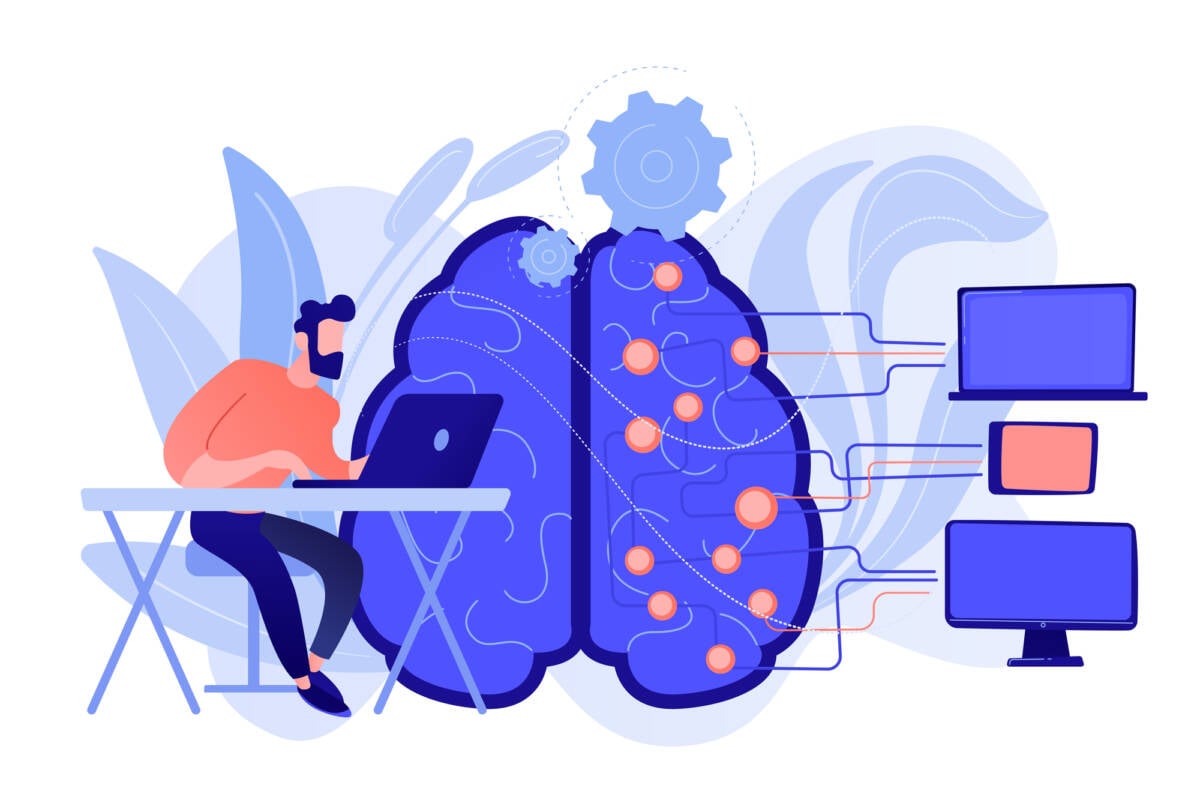
In recent years, brain decoding technology has made significant progress. The scientists they developed new tools to read brain activity and translate it into text using Artificial Intelligence (AI). This technology offers an unprecedented opportunity for improve communication between people and to help those who have lost the ability to speak due to brain injury or disease.
Scientists have invented a way to translate thoughts into text using an artificial intelligence transformer. that's how
The recent discovery of a language decoder that can translate thoughts into text using Artificial Intelligence (AI) has garnered media attention. Thanks to technology, scientists have been able to interpret people's brain activities through functional magnetic resonance imaging (fMRI) and translate them into text. The novelty was hailed as a major breakthrough for help people with speech impairments, such as those caused by stroke or ALS, to communicate with the outside world.
But the discovery also raises ethical concerns about mental privacy. While the scientists stressed that the decoder requires the cooperation of human subjects to work, they also warned that brain-reading platforms could eventually have nefarious applications, including as a means of surveillance for governments and employers.

The team of scientists who made the decoder has stressed the importance of respecting people's mental privacy and to implement policies to protect it. The current decoder still requires the cooperation of human subjects to function, and the decoder's predictions are inaccurate without their cooperation. However, future developments may allow decoders to bypass these requirements.
Despite ethical concerns, technology offers important opportunities to help people with speech impairments and to improve human communication in general. Some research suggests that brain decoding technology could be used to help people communicate faster and more accurately. Furthermore, the technology could also be used to help people interact with machines, such as computers or mobile devices, more naturally.
While there are all these challenges, many scientists are optimistic about the potential of brain-decoding technology. Some predict that the technology could be used for help people communicate telepathically or to create brain-computer interfaces that allow people to control machines with their thoughts.








